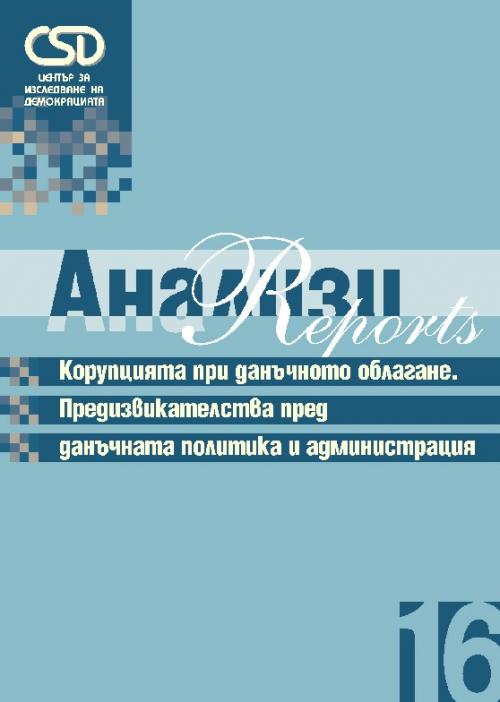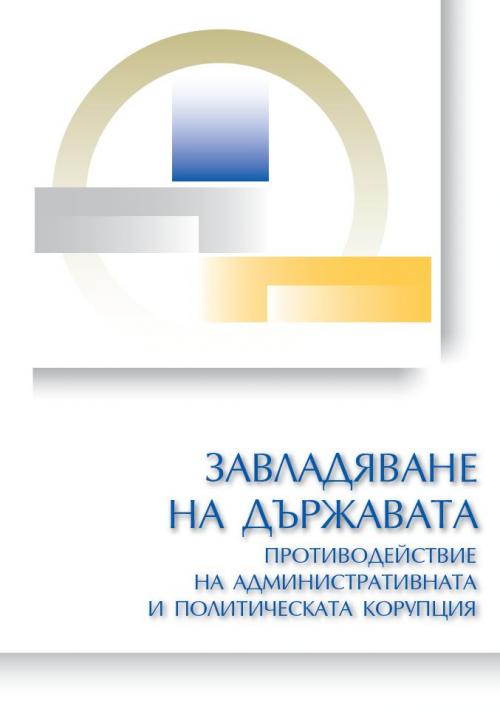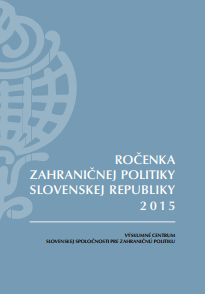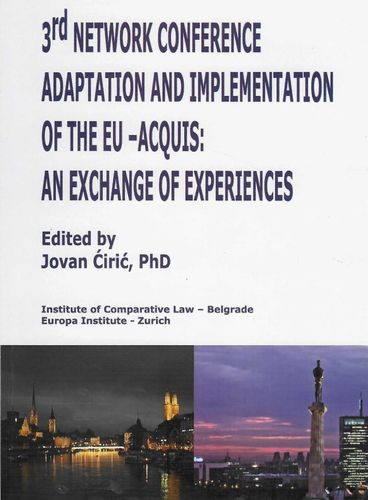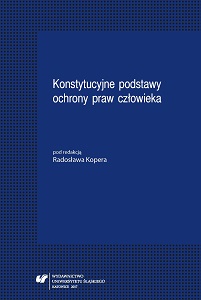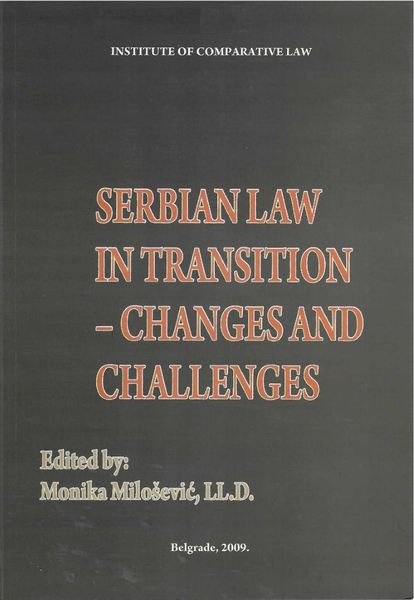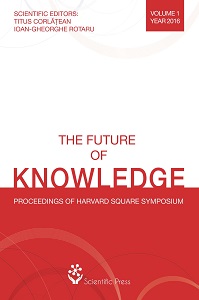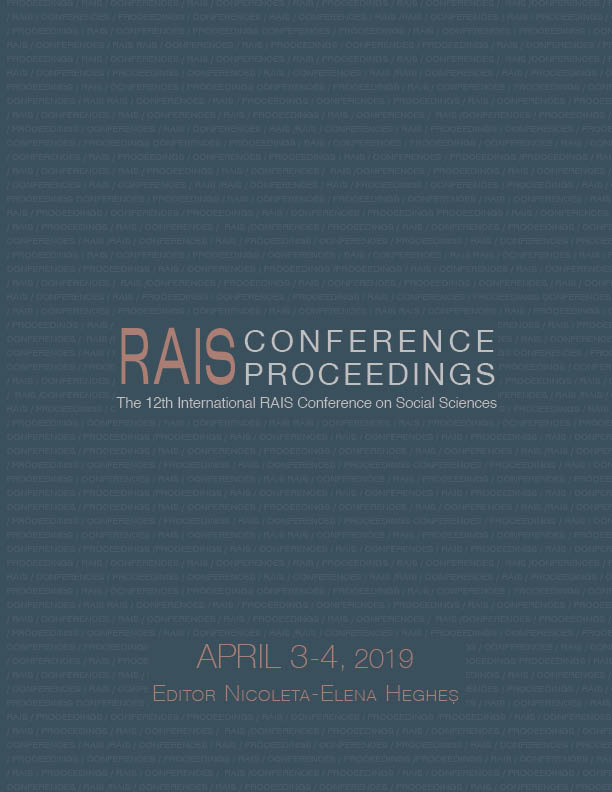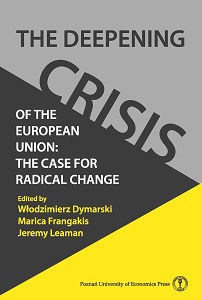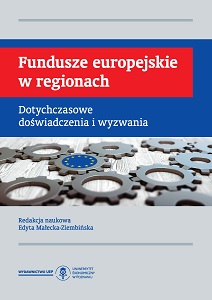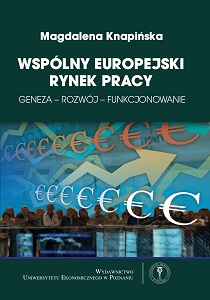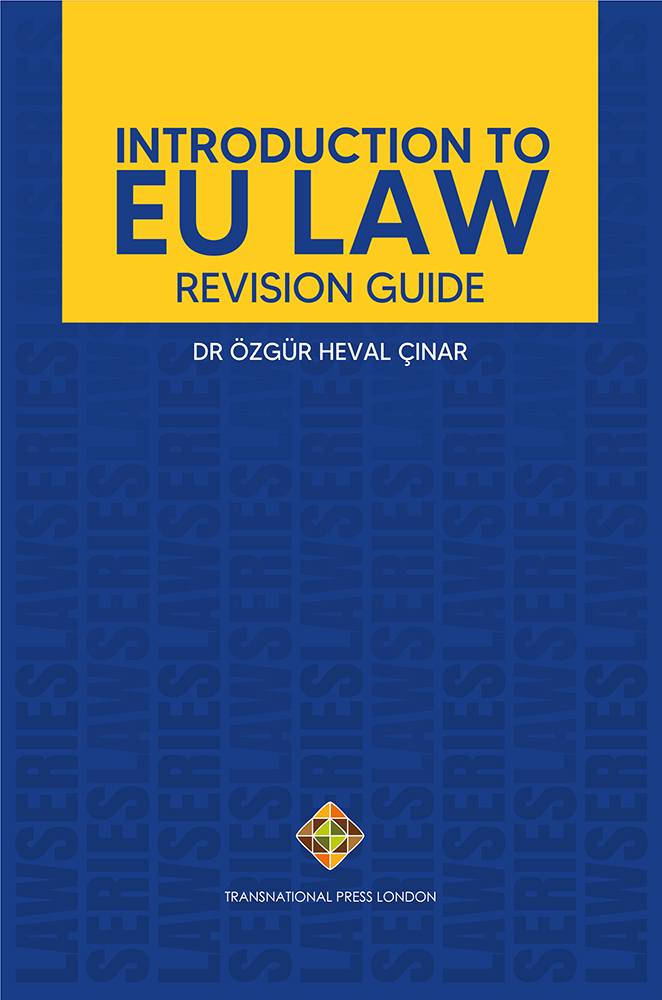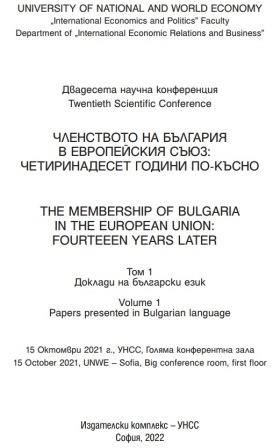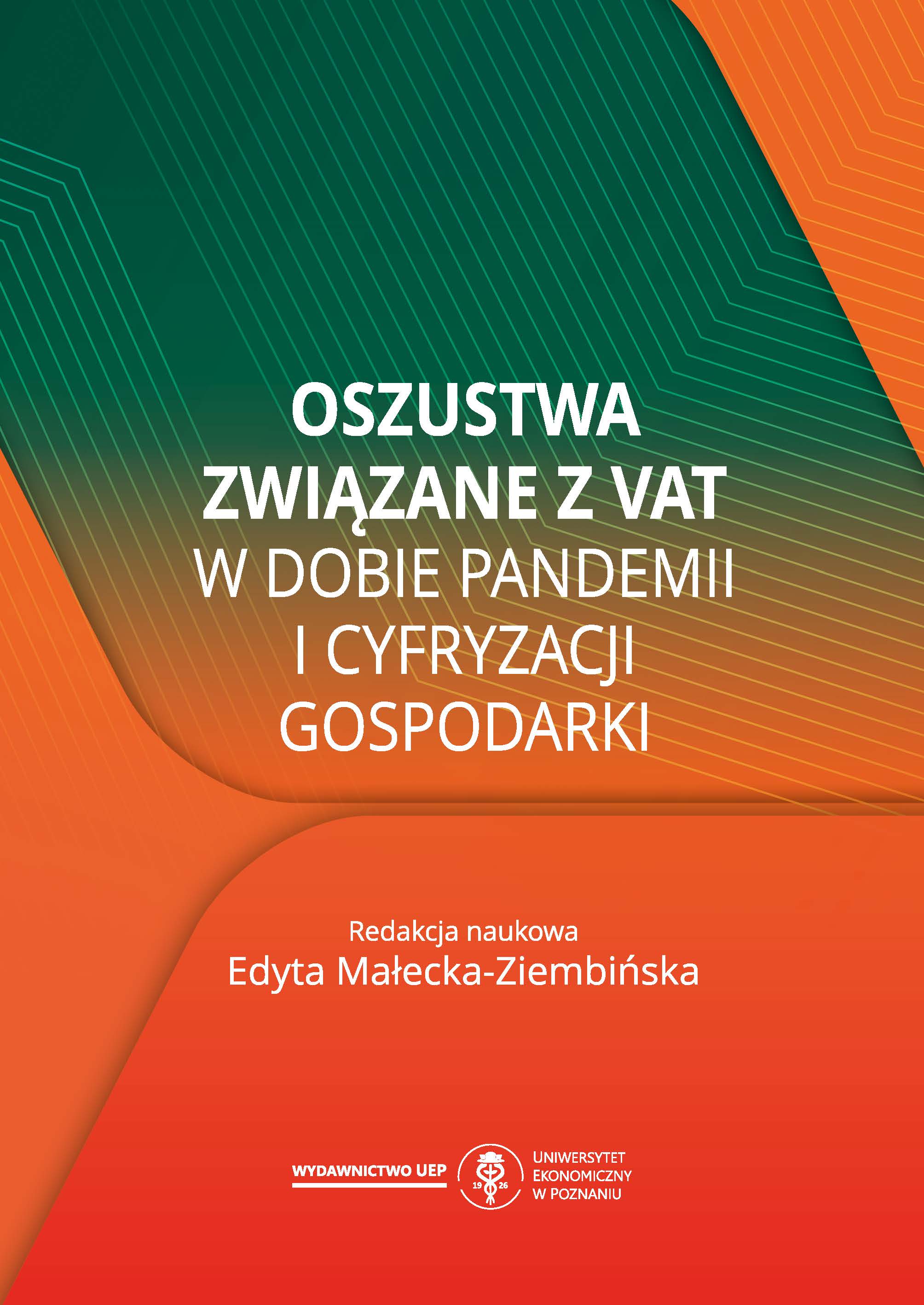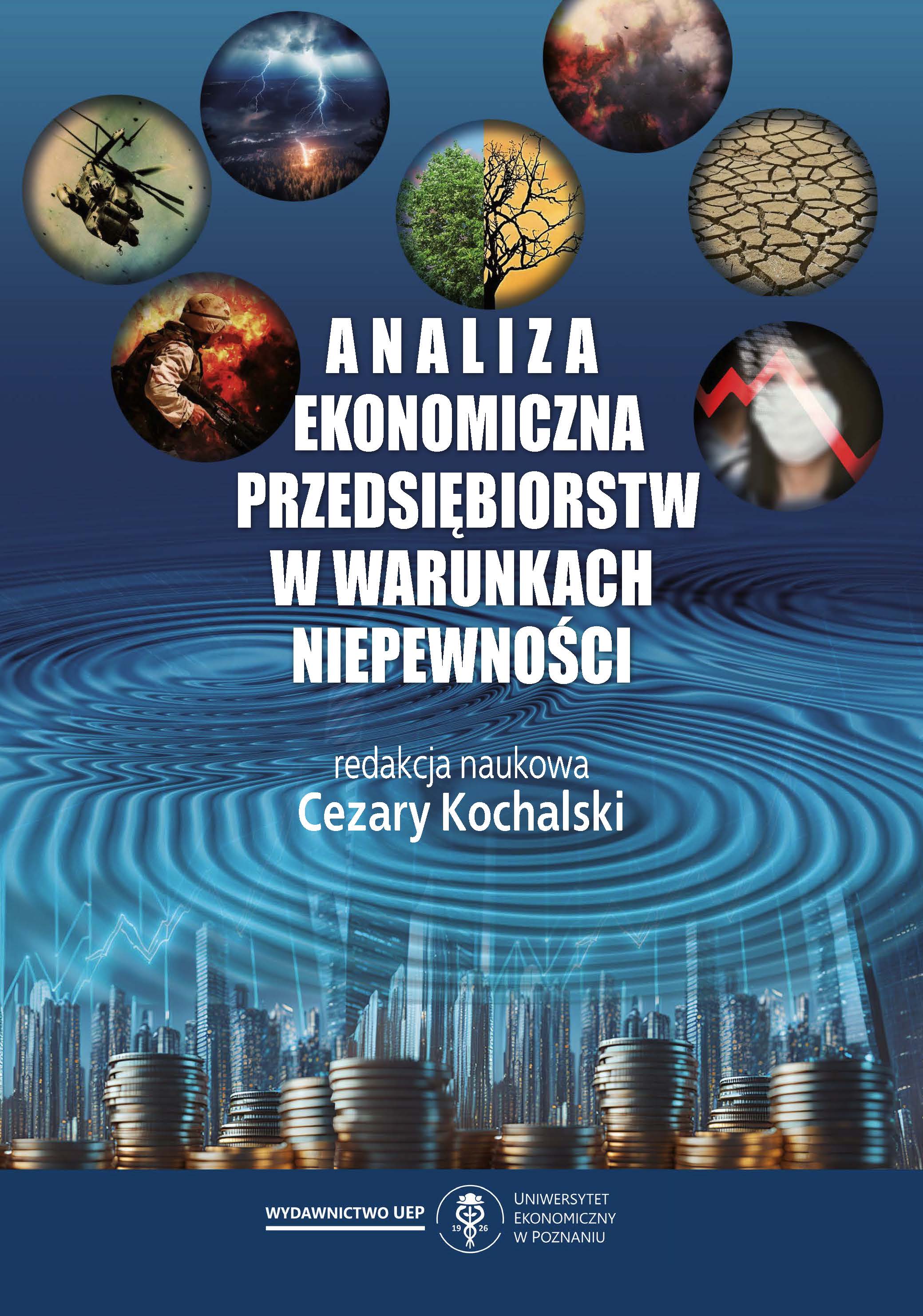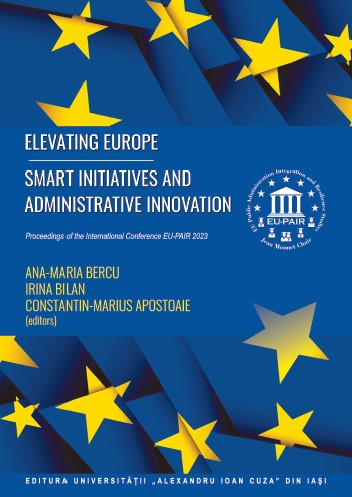Author(s): / Language(s): Slovak
Bezpečnostné hrozby a migrácia. Aj tak možno prostou vetou a veľmi zjednodušene charakterizovať dominantné témy uplynulých 12 mesiacov. Terorizmus sa ozýval v Európe. Asi častejšie ako po iné roky a ešte aj nahlas. Vojna u nášho východného suseda neprestala, i keď ju z mediálneho priestoru vytláčali boje v Sýrii, z ktorej boli zasa vytlá- čaní jej obyvatelia. Situácia na Blízkom východe, ale i na tom trochu vzdialenejšom, či „nátlak“ klímy v Afrike výrazne zvýšili intenzitu migračných vĺn, ktoré z európskej, ale aj tej slovenskej verejnej debaty vytisli ostatné témy aj rozumné argumenty a ostali v nej často len emócie a dojmy. Ani s dlhovou krízou sa nepodarilo príliš pohnúť vpred. Všetko ostatné s memoárnym a oslavným podtónom aj v roku 2015, podobne ako v roku 2014 – i napriek úprimnej snahe zainteresovaných –, ostávalo v úzadí. Či už išlo o 70. výročie konca druhej svetovej vojny, 70. výročie založenia OSN alebo 40. výročie OBSE, prípadne o novú dohodu na trvalo udržateľnom rozvoji zo samitu OSN v New Yorku či témy súvisiace s Európskym rokom rozvoja (aj keď možno nechcene nám to v druhom polroku pripomínali migranti). A pritom išlo o výročia udalostí a organizácií či témy, ktoré by nás mali pred podobnými scenármi uchrániť, varovať a predchádzať im. Migračná kríza, ktorá v slovenskom aj európskom priestore všetko ostatné odsunula nabok a stala sa jednoznačne najdiskutovanejšou témou druhého polroka, len potvrdila, že sa treba v rozmýšľaní o riešeniach pohnúť vpred, a to asi veľmi rýchlo. Ani migračnú krízu neminul osud vojny na Ukrajine – i tá sa ako zahraničnopolitická téma stala témou slovenskej predvolebnej kampane. Tentoraz však pre ňu nebola typická rôznorodosť názorov, ale vzácna zhoda medzi politickými stranami. Snáď jedinou výnimkou bol v rétorickej rovine prezident. V minulom roku som na tomto mieste napísal, že vďaka Ukrajine sme pochopili, že je potrebné reštartovať kritickú debatu nielen o domácej a európskej, ale najmä bezpečnostnej politike. Nie som si istý, že sa to podarilo, vecnú diskusiu opäť nahrádzajú preteky o politicky najkrajšie a nie odborné riešenia. Ostáva len zopakovať, že na reštart kritickej debaty a hľadanie i presadzovanie odborných riešení je stále priestor. Rok 2015 bol teda pre zahraničnú politiku SR opäť príliš náročný a rok 2016 nebude o nič jednoduchší. V neposlednom rade to vo svojom hodnotení naznačujú aj niektorí z autorov nasledujúcich strán. Čoraz náročnejšie finančné podmienky nám nedovoľujú z ročenky urobiť komplexnú publikáciu, ktorá by uchovávala čo najviac zo zahraničnopolitickej diskusie a reality, preto Vám na nasledujúcich stranách ponúkame primárne to, čo spolu s edičnou radou považujeme v uplynulom roku za to najpodstatnejšie. Zámerom tejto publikácie je kritická debata a hľadanie lepších riešení. Aj preto je v na- šom výbere skupina autorov, ktorí sa pohybujú hlavne v mimovládnom či akademickom priestore a majú určitý odstup od samotnej realizácie zahraničnej politiky (a zrejme aj vplyvov, ktoré na jej realizáciu pôsobia či už priamo, alebo nepriamo). Pohľad tých, ktorí sú za výkon politiky zodpovední, tu napokon prezentuje minister zahraničných vecí a európskych záležitostí. Ten vo svojom texte prezentuje problémy a aspekty slovenskej zahraničnej politiky z pohľadu inštitúcie zodpovednej za realizáciu a koordináciu zahraničnej a európskej politiky. Expertná časť ročenky je, ako už býva zvykom, rozdelená do 4 blokov. Prvý bilancuje a hodnotí slovenské pôsobenie a úspechy pri presadzovaní našich záujmov v medzinárodnom prostredí, druhý analyzuje našu politiku v prioritných oblastiach, resp. regiónoch a tretí diskutuje o kvalite a efektivite nástrojov na realizáciu zahraničnej a európskej politiky SR. Ani v tomto roku nechýba časť pripomínajúca si významné výročia súvisiace s dôležitými osobnosťami alebo udalosťami slovenskej zahraničnej politiky. Prvá časť sa začína príspevkom Anety Világiovej z Katedry politológie Filozofickej fakulty Univerzity Komenského, ktorý analyzuje podstatné udalosti v európskej politike Slovenska počas roka 2015, vrátane krízy na Ukrajine a politiky EÚ voči Rusku, debatu o Grexite či Brexite a, samozrejme, hodnotí diskusiu o riešení migračnej krízy. Martin Vlachynský, analytik Inštitútu ekonomických a spoločenských analýz (INESS), sa zaoberal situáciou v eurozóne, jej pozitívami, no aj výzvami, resp. rizikami, ktoré na EÚ a eurozónu čakajú v ďalších rokoch, vrátane referenda o vystúpení Spojeného kráľovstva. Svoj pohľad na bezpečnostnú politiku Slovenska v roku 2015, ktorý uzatvára časť o pôsobení SR v medzinárodnom prostredí, spracoval Dušan Fischer zo Slovenskej spoločnosti pre zahraničnú politiku. Rok 2015 sa podľa jeho tézy niesol v európskej (islovenskej) bezpečnostnej politike v duchu hrozieb nekonvenčného charakteru, najmä medzinárodného terorizmu, migračných vĺn a pokračujúcej nestability na Ukrajine, ktorá súvisí s ruskou anexiou Krymu a pokračujúcimi bojmi na Donbase. Druhú časť ročenky, ktorá sa venuje prioritným oblastiam našej zahraničnej politiky, otvára príspevok Tomáša Strážaya, vedúceho výskumného programu Stredná a juhovýchodná Európa v Slovenskej spoločnosti pre zahraničnú politiku, ktorý analyzuje stredoeurópsku spoluprácu v roku 2015. Trochu vytratenú tému západného Balkánu (i keď najmä z mediálneho priestoru) už tradične hodnotil nezávislý novinár Július Lőrincz. Alexander Duleba zo Slovenskej spoločnosti pre zahraničnú politiku sa sústredí hlavne na realizáciu slovenskej východnej politiky. Argumentuje, že apriórna nedôvera voči Ukrajine, rovnako ako apriórna dôvera voči Rusku, patria k dvom základným chorobám slovenskej východnej politiky od roku 1993. A Slovensko nevyzdravelo ani v roku 2015. Tretia časť hodnotí fungovanie a efektivitu slovenskej rozvojovej spolupráce. Autor textu Peter Brezáni zo Slovenskej spoločnosti pre zahraničnú politiku svoju pozornosť upriamil na hodnotenie aktivít slovenskej rozvojovej pomoci vo významnom roku zá- sadných rozvojových reforiem na úrovni OSN, roku, ktorý EÚ vyhlásila za rok rozvoja. V záujme skvalitnenia a zefektívnenia ODA predložil – aj na základe minulých analýz – niekoľko návrhov a odporúčaní. Naďalej pokračujeme v rubrike Z histórie slovenskej zahraničnej politiky. Keďže v roku 2015 sme si pripomenuli 200. výročie narodenia Ľudovíta Štúra, Juraj Marušiak z Ústavu politických vied SAV pripomenul politické aktivity jedného z najvýznamnejších predstaviteľov slovenského národného života a obrodenia v 19. storočí. Expertnú časť tradične dopĺňajú prílohy – chronológia dôležitých zahraničnopolitických udalostí, zoznam medzinárodných zmlúv, informácie o štruktúre a predstaviteľoch orgánov štátnej správy pôsobiacich v zahraničnej politike, zoznam diplomatických misií a predstaviteľov SR v zahraničí, diplomatického zboru v SR, informácie o vojenských misiách v zahraničí a podobne. Naozaj dúfam, že si aj takto limitovaná verzia ročenky nájde svojich čitateľov a poslúži všetkým, ktorí sa zaujímajú o minulosť, prítomnosť i budúcnosť Slovenska a jeho zahraničnej politiky. Opäť by som chcel na záver poďakovať Ministerstvu zahraničných vecí a európskych záležitostí SR za spoluprácu na tomto projekte a za to, že vďaka tejto podpore sme v budovaní tejto veľmi potrebnej tradície mohli aspoň v tomto formáte pokračovať.
More...



